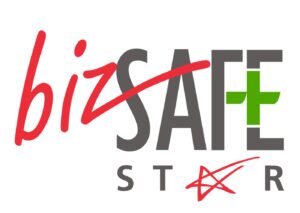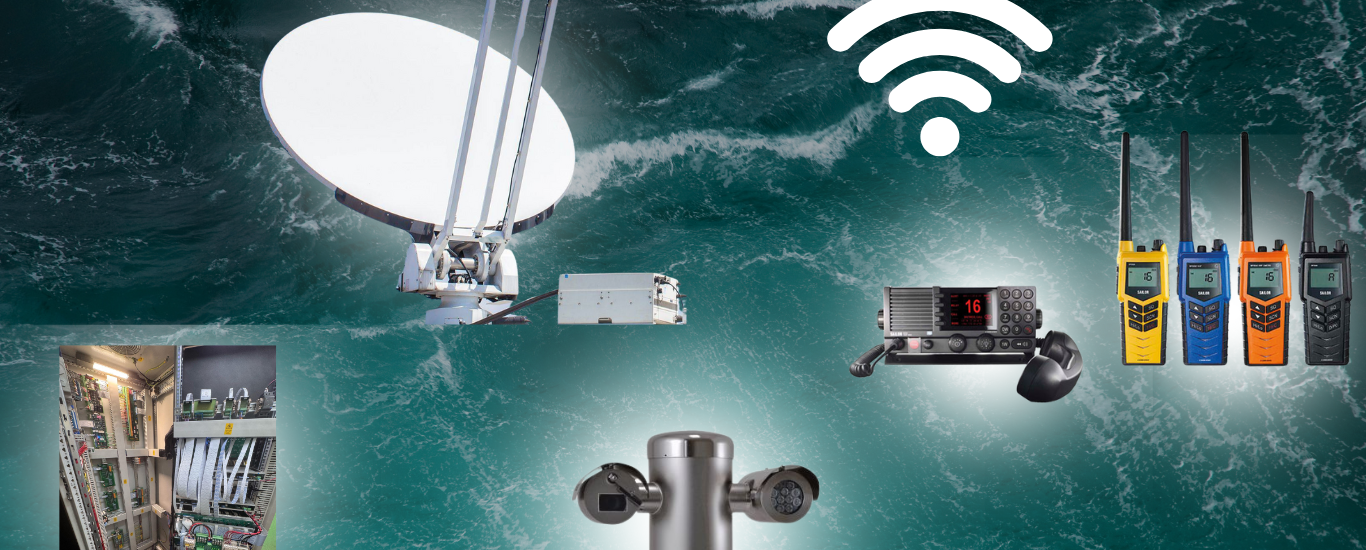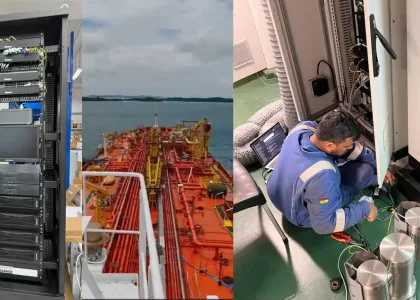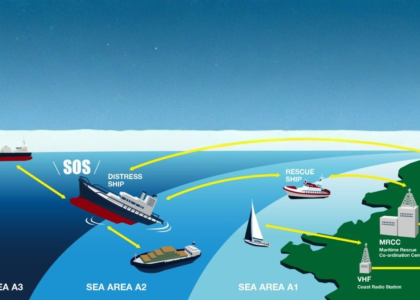International standards for comms systems on FPSO’s is critical as it ensure safety, efficiency, and compliance for an FPSO to operate in offshore environments. FPSO vessels play a critical role in the offshore oil and gas industry. These floating facilities process and store hydrocarbons extracted from subsea wells before offloading them to tankers or pipelines.
In this blog, we look at the key international standards and regulations that guide the design, installation, and operation of communication systems on FPSO vessels.
Why Communication Systems Matter on an FPSO
Communication systems on FPSOs are not just about keeping in touch—they are essential for:
- Safety: Coordinating emergency response, evacuations, and firefighting.
- Operations: Managing drilling, production, and offloading processes.
- Security: Monitoring onboard and perimeter threats.
- Compliance: Meeting global regulatory requirements for maritime and offshore operations.
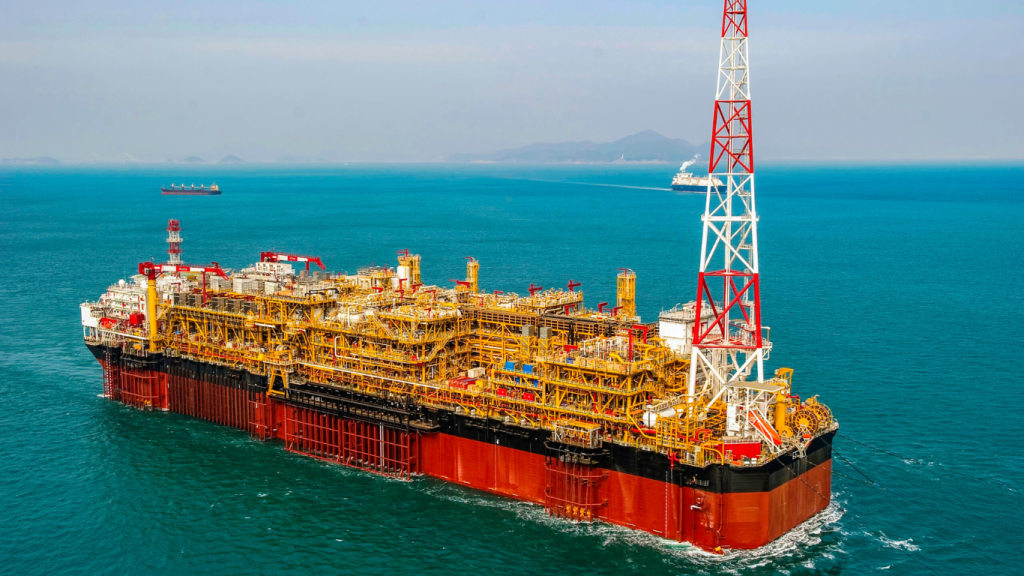
Key Communication Systems on an FPSO
Some of the most important communication systems include:
- Public Address and General Alarm (PAGA)
- UHF/VHF Radio (analog or digital)
- Satellite Communication (VSAT, Iridium, Inmarsat)
- Intercom and Telephone Systems
- CCTV for remote visual monitoring
- WiFi and LAN networks for data and system control
Each of these must meet specific international standards depending on their function and environment.
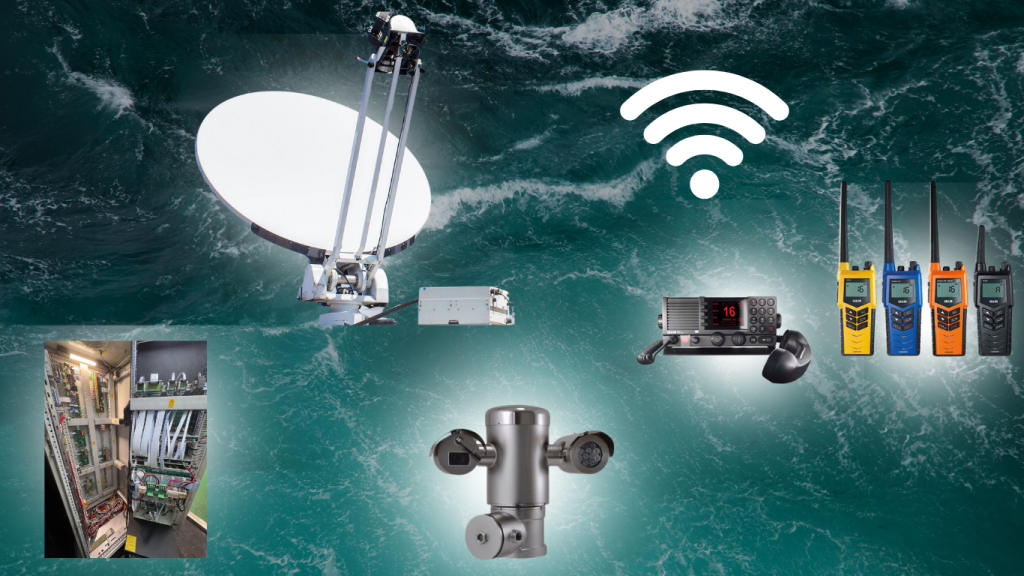
Relevant International Standards and Guidelines
a) IEC Standards (International Electrotechnical Commission)
- IEC 61892 – Offshore electrical installations, covering telecom and communication systems onboard FPSOs.
- IEC 60079 – Equipment for explosive atmospheres, relevant for radios and loudspeakers in hazardous zones.
- IEC 60945 – Maritime navigation and radiocommunication equipment, focusing on electromagnetic compatibility and durability.
b) IMO Requirements (International Maritime Organization)
- SOLAS (Safety of Life at Sea) – Mandates general communication standards including distress signals, public address systems, and radio communication for safety.
- GMDSS (Global Maritime Distress and Safety System) – Ensures ships and FPSOs can send and receive emergency communications via satellite and radio.
c) DNV Rules (Det Norske Veritas)
- DNV-CG-0339 – Communication systems used in offshore units.
- DNV Rules for Classification of Offshore Units – Includes requirements for system redundancy, fire survival cables, and operational integrity in harsh environments.
Cybersecurity Standards
With the rise of IP-based systems and remote monitoring, cybersecurity is increasingly part of communication system design.
- IEC 62443 – Security for Industrial Automation and Control Systems.
- IMO Resolution MSC.428(98) – Mandates cybersecurity risk management in safety management systems by 2021 (still applicable).

Compliance Checklist for FPSO Communication Systems
To ensure compliance with international standards, communication systems on FPSOs should meet the following:
✅ Explosion-proof rating in hazardous areas (ATEX/IECEx)
✅ Redundant paths for safety-critical systems like PAGA and radio
✅ Power backup (UPS or emergency generators)
✅ Weatherproof and corrosion-resistant hardware
✅ Integration with emergency shutdown and fire detection systems
✅ Cybersecurity protection for IP-based systems
We ensure that suppliers and integrators must ensure their systems meet these international benchmarks. At Vivo Asia Engineering & Trading, we specialize in providing communication systems that are certified, tested, and tailored for FPSO environments—whether it’s UHF radio systems, PAGA upgrades, or VSAT setups.
Upgrade with Vivo in 2025
With over 10 years of experience in the offshore and maritime industry, Vivo Asia brings expert engineering knowledge and a deep understanding of the importance of meeting international standard requirements.
We specialize in delivering robust, compliant communication systems from PAGA, UHF/VHF radio, to VSAT and IP telephony, tailored specifically for the offshore energy sector.





